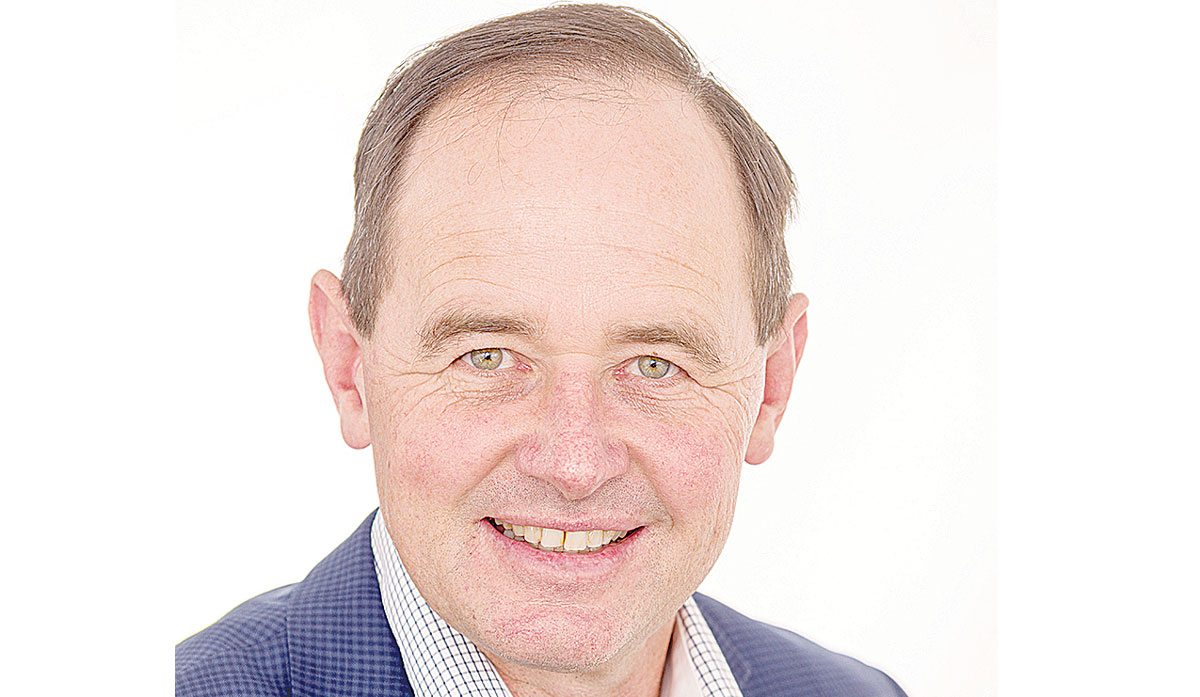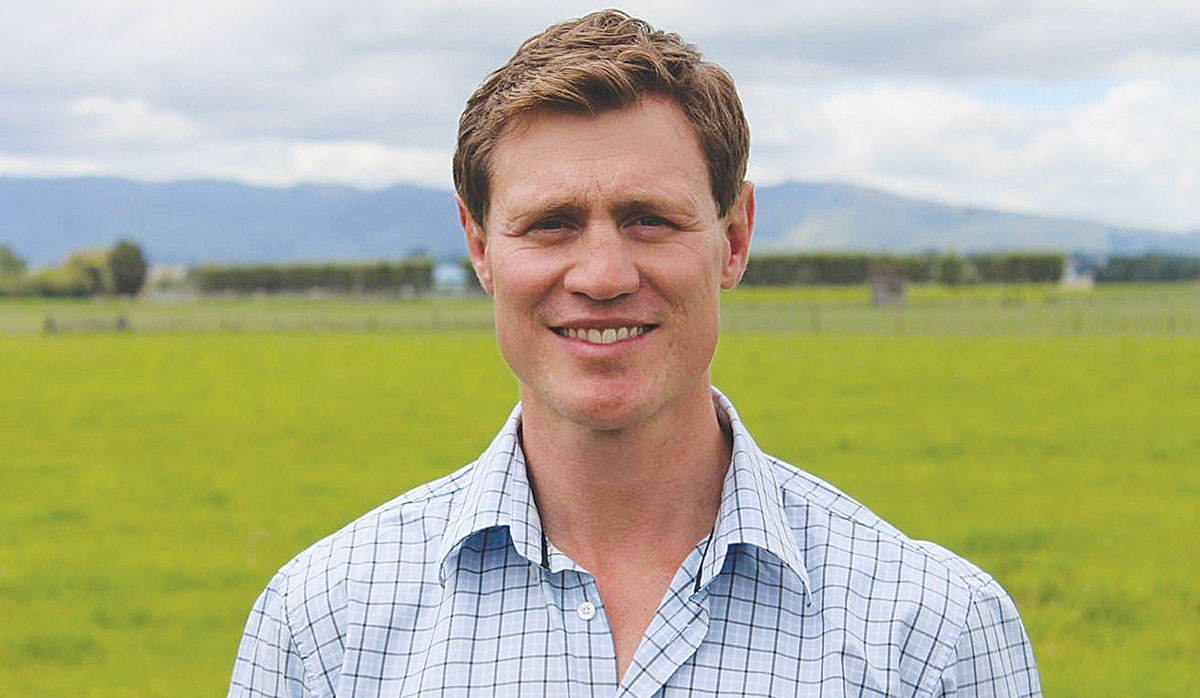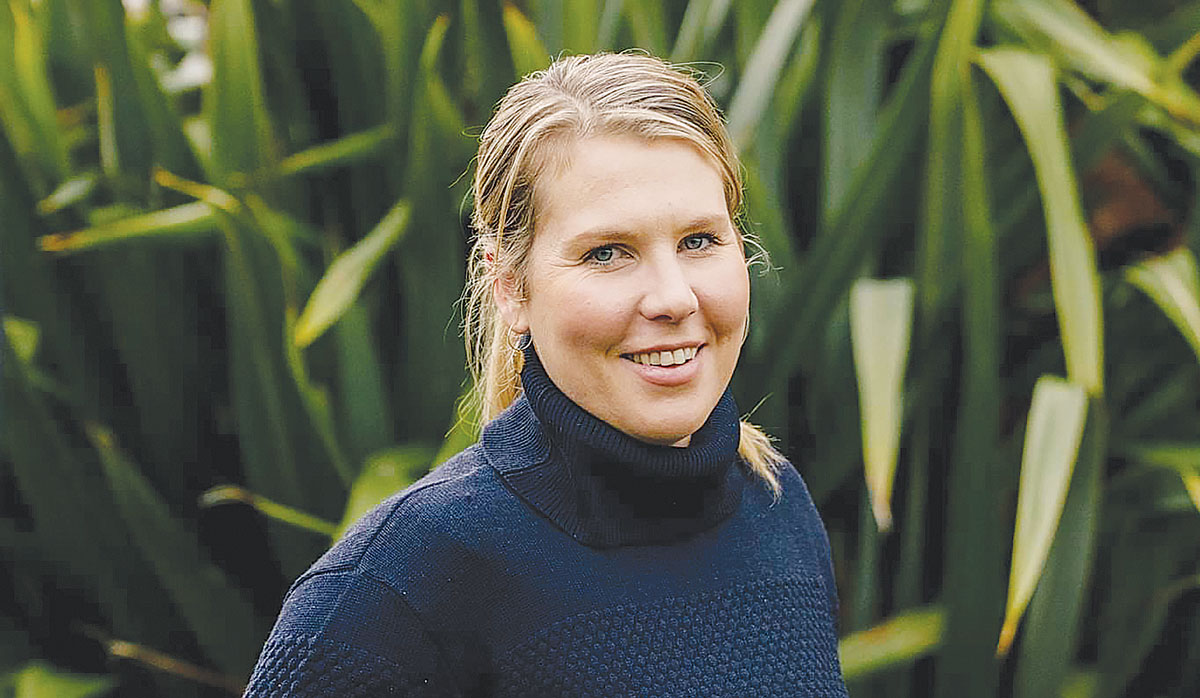LIC lifts half-year revenue on strong demand for dairy genetics
Herd improvement company LIC has posted a 5.2% lift in half-year revenue, thanks to increasing demand for genetics.
Herd improvement company LIC's director elections have attracted a high calibre of candidates.
For the North Island seat, incumbent Ken Hames is up against three candidates: Ballance board chair Duncan Coull, agribusiness leader Matthew (Mat) Hocken and Tatua director Richard Luxton.
For the South Island seat, to be vacated by retiring chairman Murray King, a three-way battle is on between farmer and company director Tony Miles, Selwyn farmer and South Island Dairy Event (SIDE) chair Andrew Slater and farmer and company director Victoria Trayner.
Coull, a former chairman of Fonterra Co-operative Council, says for him, governance is not a career choice but an opportunity to contribute, give back and serve the industry that has and continues to treat his family well.
"I'm a passionate believer and 100% loyal to the cooperative model being the most aligned to the collective needs of our farmers as customers and shareholders.
"However, the cooperative model only works when the culture within an organisation is reflected in both relationships with customers and shareholders.
"LIC's board composition has undergone some change over the past few years. We are losing some key experience. Board composition is critical in any organisation in having the balance between enthusiasm and experience."
 |
|---|
|
Ken Hames |
Sitting director Hames believes that as LIC transitions to a new chair, it is important that there is stability around the board table to ensure effective governance.
He says as a board they have introduced the three commitments which has been an effective way of holding management to account for delivery on issues that are important to shareholders.
These include improving customer and stakeholder engagement, further investing in technology and platforms which offer an improved farmer experience with MINDA, driving genetic gain and investing strongly in R&D while delivering a well-run business with a steady dividend stream.
Hocken says if given the opportunity to serve as an LIC director, he would work hard to maintain and improve a strong LIC business focused on its core mission.
He notes that the low milk price forecast combined with cost inflation and high interest rates is putting pressure on farmers. LIC must be proactive and agile to help shareholders manage these challenges, he says.
"NZ has some of the most efficient farmers in the world. LIC must deliver productive, sustainable and carbon efficient genetics that support farmers to provide consumers with more food, from a smaller footprint.
"LIC is well placed in genetics and herd management in NZ. It must continue to innovate to provide world-class services, and support farmers to continue to innovate on farm.
"Farmers increasingly require integration of data to run farms productively and communicate with stakeholders. LIC must develop and work with others to capitalise on data intelligence and enable farmers to improve productivity and efficiencies through data capture, management and reporting systems."
 |
|---|
|
Mat Hocken |
Luxton says he understands and appreciates the importance and value good breeding and standardised data can bring to the industry.
“I have extensive dairy experience across the value chain through my past and current involvement in: farm management, sharemilking, farm ownership, corporate farm management, corporate farm governance as well as dairy processor governance.
“We are fortunate to have a co-operative with a strong balance sheet, world leading genetics, data collection and excellent management in place.
“Change is coming at us fast – be it increasing farm operating and debt servicing costs, environmental legislated change, or changes forced on us by our consumers. LIC is well positioned to help its farmers through the challenges we face now and those that will come into the future.”
Miles says as a dairy farmer, a business coach and someone who is passionate about the dairy industry, he is constantly working to create better businesses every day.
“It is critical that LIC continues to have a strong balance sheet, so the company is well resourced to invest in new technology and innovations to improve efficiencies and profitability in a sustainable manner for our farmer shareholders.
“Linking practical dairy experience with governance, business experience, strategic thinking and a large network of clients, mentors and contacts, provides me with valuable insights that will add value to the board, bringing positive change, growth and opportunities for the company.”
Slater notes that at the heart of LIC’s strategy is ‘Value for our farmer shareholders’.
“A simple statement that needs to be at the forefront of very discussion and decision around the board table,” he says.
“Supporting a sector that leads the world, LIC needs to ensure it provides innovative products and services that enhance our herds productivity while meeting increasing regulatory and customer driven demands while delivering information and technology to ensure our operational decisions are not only environmentally sustainable, but financially sustainable now and into the future.”
Trayner believes she has relevant corporate experience that would add value to the LIC board.
“What adds value to a company and to the economy, is growing revenue more quickly than costs are increasing.
“Shareholders are facing this in their own business, and I see LIC has an important role to continue to expand its production frontier.
“I am really excited about the possibilities LIC must add value to the value chain for its, farmers, shareholders, customers, and stakeholders now and into the future.”
Voting is underway and results will be announced at LIC’s annual meeting in Ashburton on October 12.
 |
|---|
|
Victoria Trayner |
Pay Rise for Directors
LIC directors and shareholders reference group (SRG) members could be in for a pay rise.
The LIC honoraria committee is recommending a lift in allowances, which farmer shareholders will vote on.
The committee recommends that the chair’s remuneration increase by $11,000 to $143,000 annually. Director fees will jump $6,000 to $65,000.
The four-member noted that the honoraria currently paid to LIC directors is not sufficient to maintain relative remuneration parity with similar organisations.
“Therefore, it has the potential to put pressure on LIC’s ability to attract and retain good governors.”
The committee says it feels that the current level of remuneration does not fully recognise the time and commitment required to be a director of LIC.
It is imperative that LIC maintains a high calibre of directors on its board, the committee says.
“Elected directors bring a strong understanding of the co-operative, the New Zealand dairy industry, as well as the challenges ahead of the industry.
“Appointed directors bring to the board a balance of skills and experience relating to international markets, mergers and acquisitions, health and safety, technology, finance, risk and they often have exposure to other complex businesses. The aim of the honoraria committee is to ensure that directors’ remuneration is relevant and includes some recognition of potential opportunities foregone to them, while being sufficient to attract and retain good governors.”
LIC has six farmer-elected and three appointed directors.
The honoraria committee recommends that the SRG chair’s fees rise $3,500 to $40,000, deputy chair to get a $2,000 pay rise to $17,000 and SRG members get $14,000 – an extra $1,400 per annum.
Could a breakthrough in fermentation create a new multi-million-dollar export market for shiitake mushroom extracts into China?
Meadow Fresh has created the world's first fantasy sports league powered by real cows.
This year, 'Foodie February' sees potatoes take the spotlight as one of New Zealand's most powerful and versatile food heroes.
A multi-cultural team is helping to establish one of New Zealand's largest plantings of premium eating grapes - while learning each other's languages and cultures along the way.
The World Wide Sires National All Day Breeds Best Youth Camp Best All Rounder plaudit has become family affair, with 2026 Paramount Cup winner Holly Williams following in her sister Zara's footsteps.
DairyNZ is giving New Zealand farmers a unique opportunity to gain hands-on governance and leadership experience within the dairy sector.
OPINION: Fonterra may be on the verge of selling its consumer business in New Zealand, but the co-operative is not…
OPINION: What does the birth rate in China have to do with stock trading? Just ask a2 Milk Company.